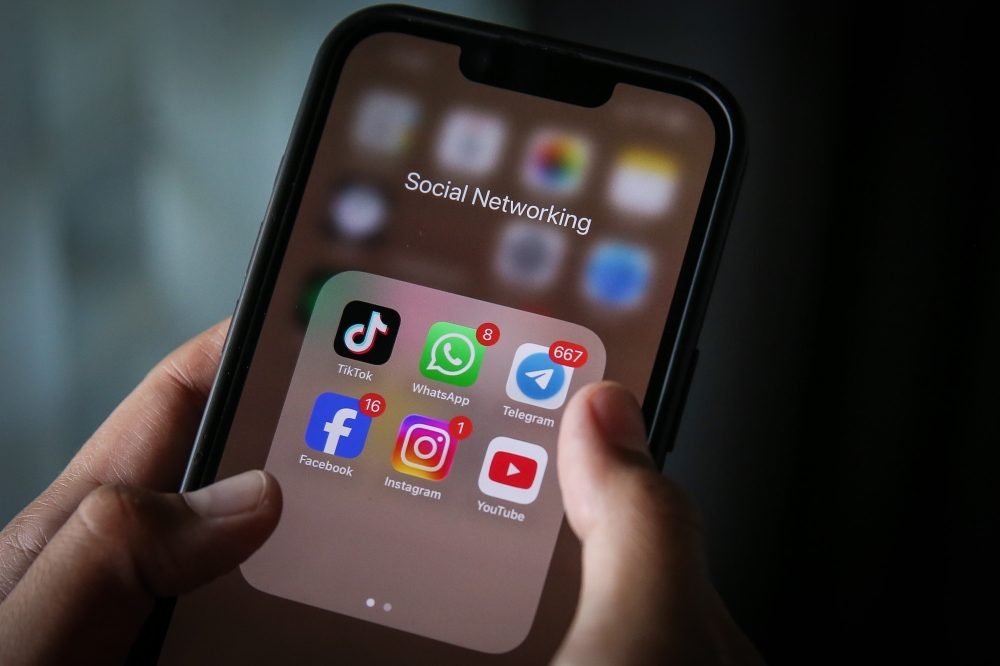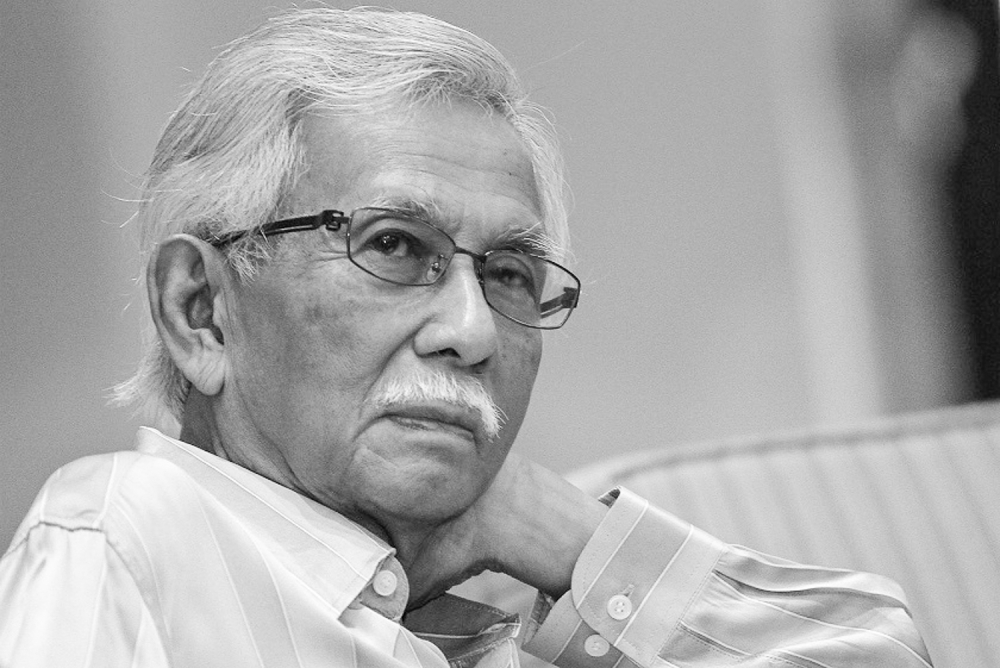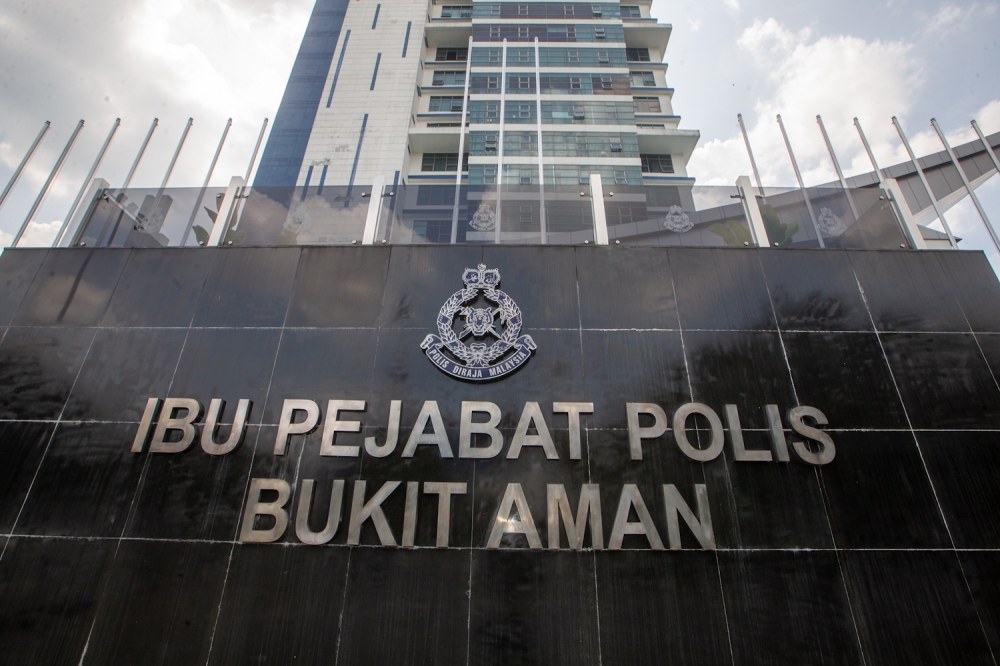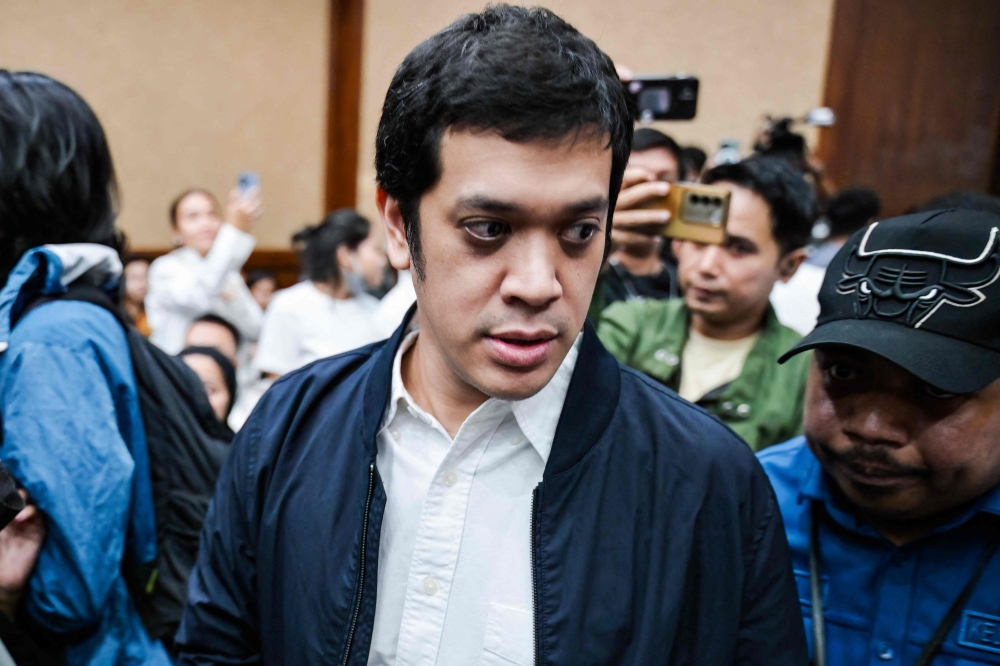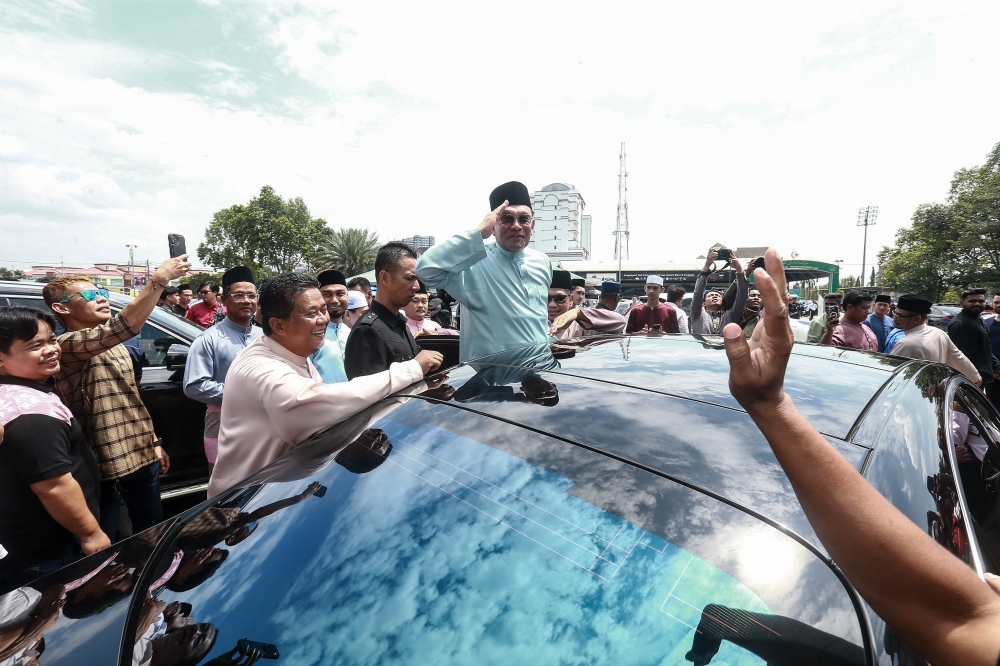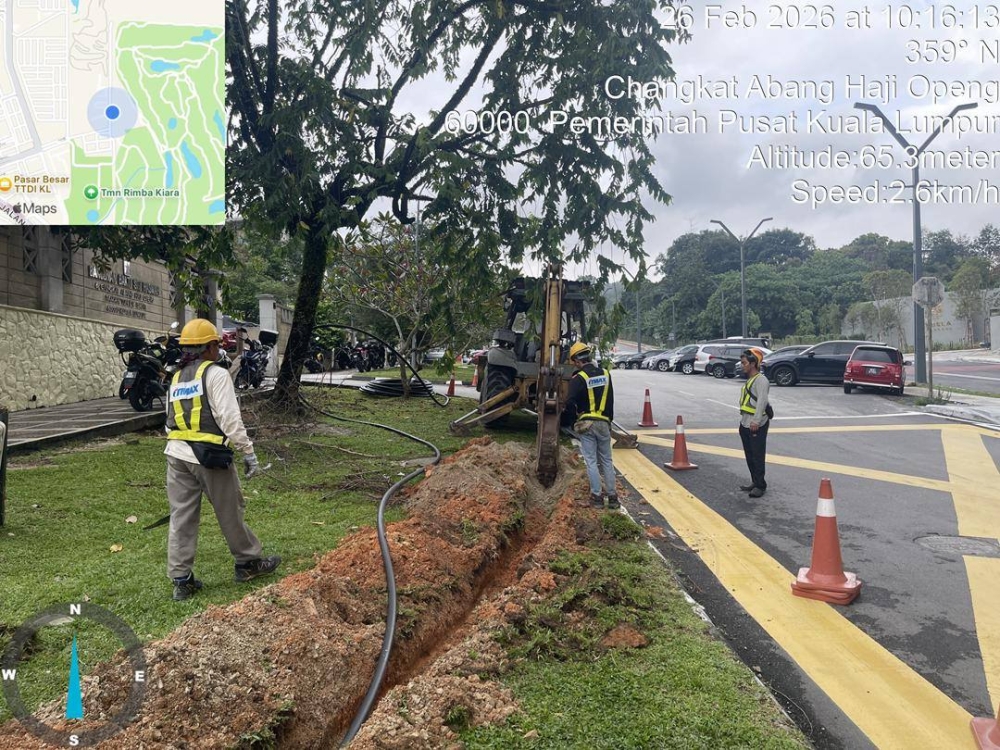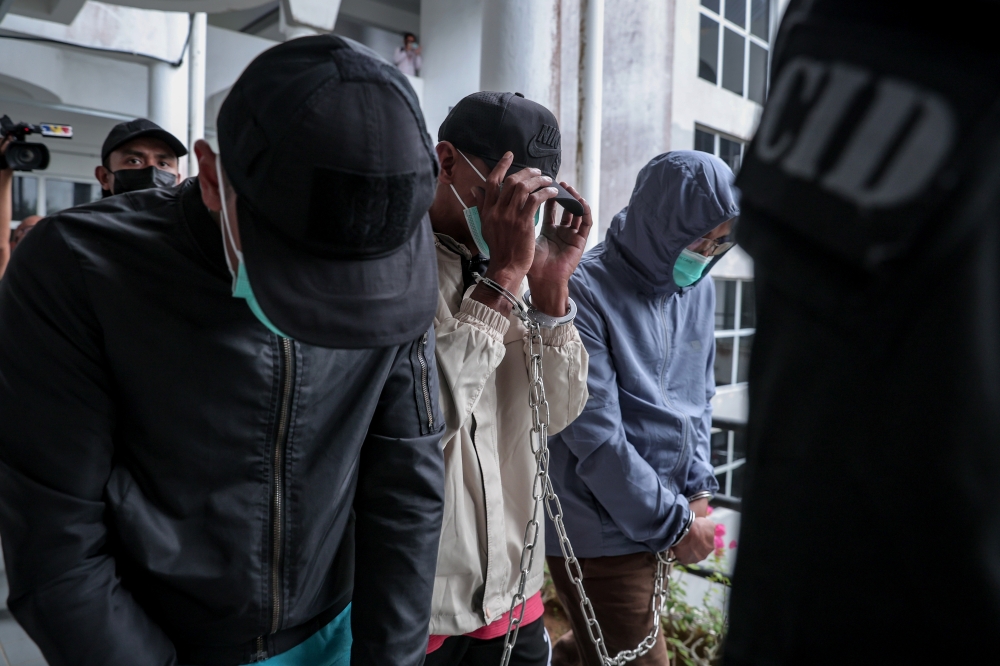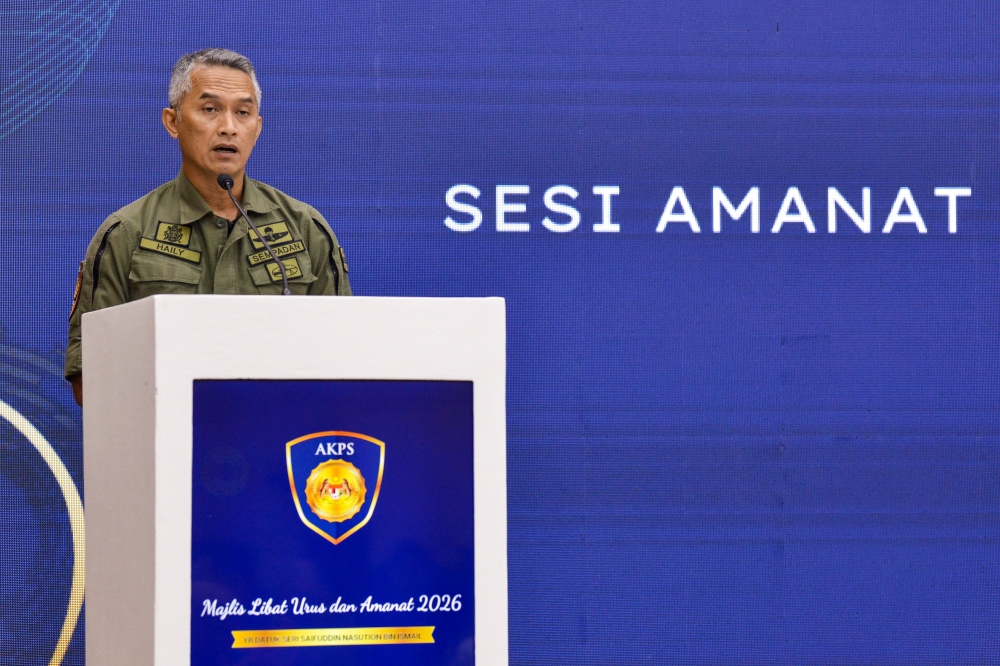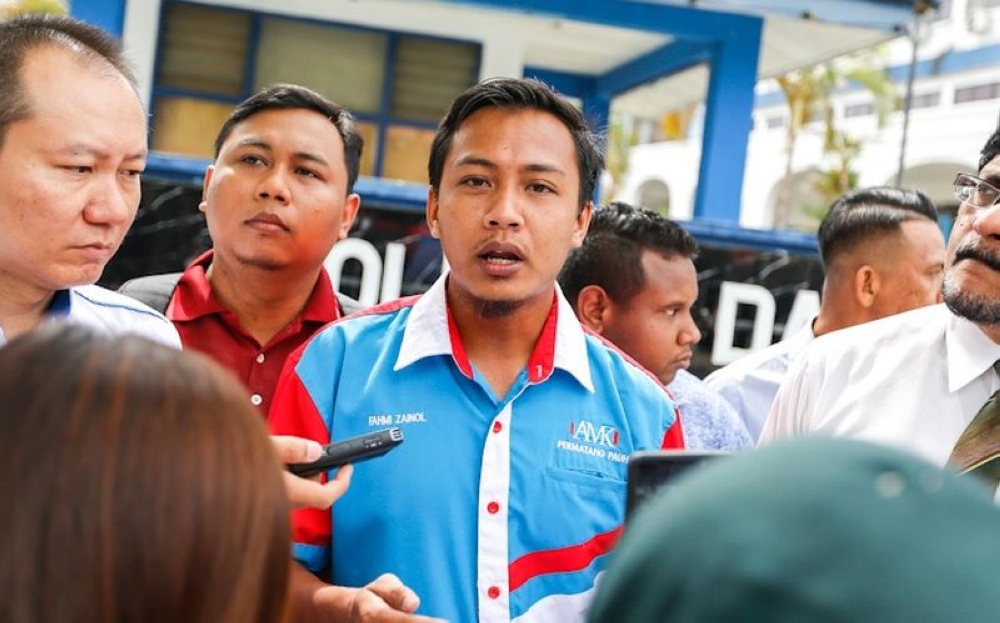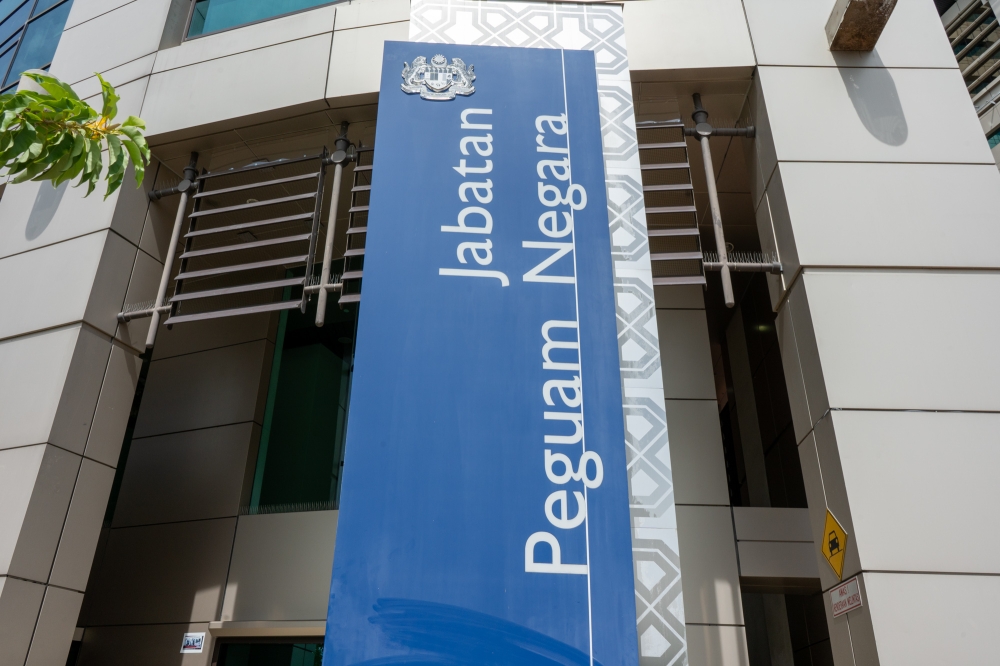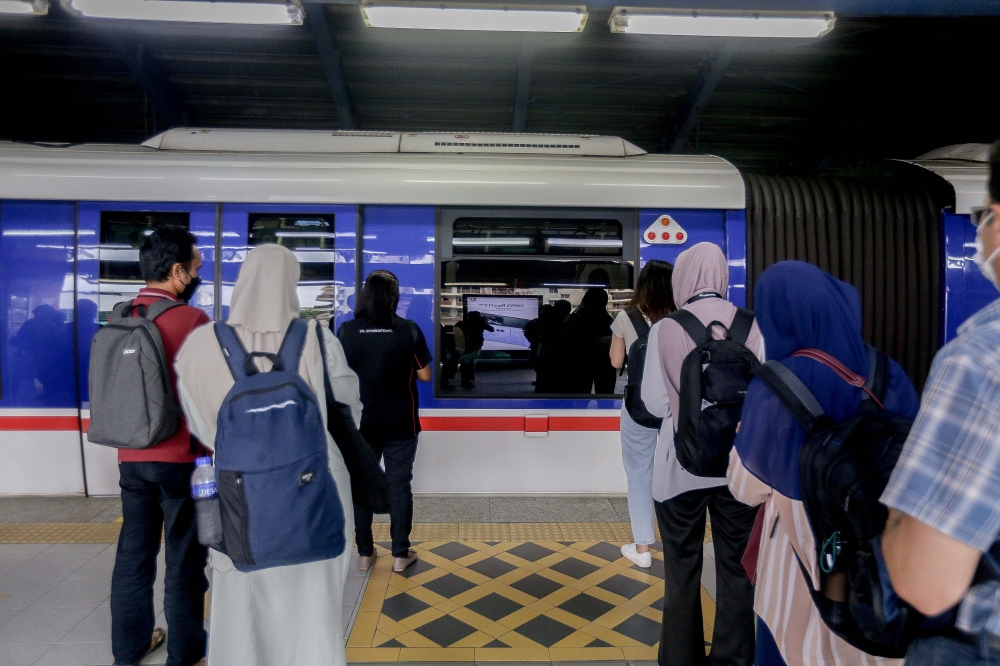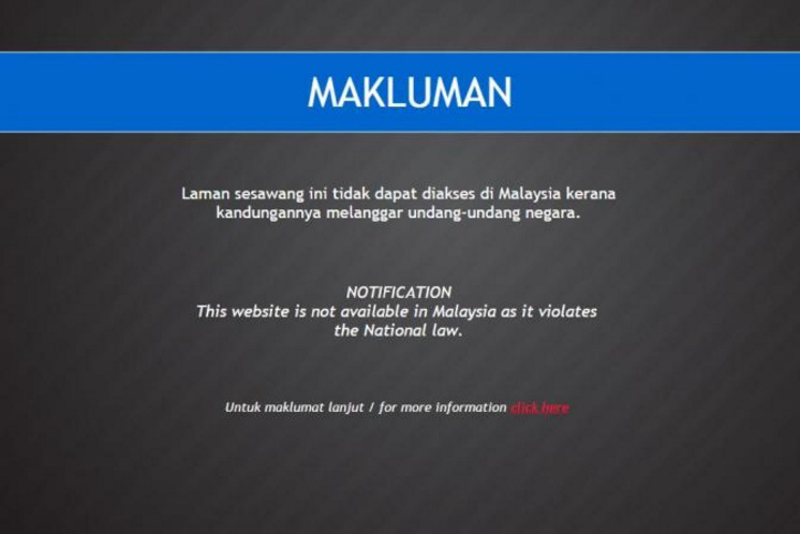KUALA LUMPUR, Dec 21 — Malaysian internet service providers (ISPs) facilitated censorship in the country by tampering with internet connections and blocking 39 websites, according to “The State of Internet Censorship in Malaysia” study released yesterday.
The study by local open technology initiative Sinar Project and global censorship monitor Open Observatory of Network Interference (OONI) found the websites blocked included not only pornography, but those on religious and political criticism, and even news sites.
“This study provides data that serves as evidence of the DNS blocking of 39 different websites in Malaysia. Since block pages were detected for all of these sites, their censorship is confirmed and undeniable.
“The blocked websites include news outlets, blogs, and a popular publishing platform (medium.com),” said the report.
DNS refers to domain name system, an Internet service that translates domain names into numerical Internet Protocol (IP) address.
The study claimed that while the blocking can be justified on the grounds of national security under Section 233 of the Communications and Multimedia Act 1998, the censorship appears to be politically motivated.
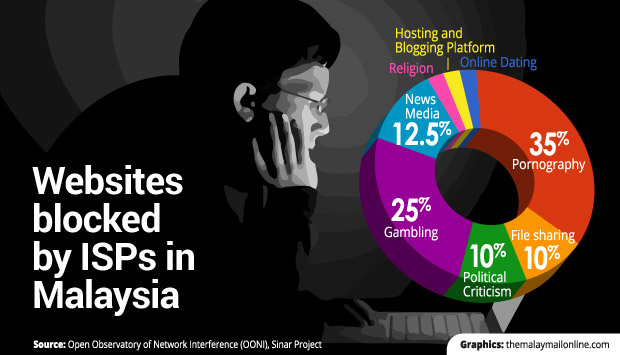 A website critical of Islam titled “Religion of Peace” was also blocked by the ISPs, it said.
A website critical of Islam titled “Religion of Peace” was also blocked by the ISPs, it said.
“In the Malaysian context, this site can be viewed as inciting hatred towards Islam and its censorship can therefore be justified under Malaysia’s Sedition Act 1948 which prohibits the incitement of hatred towards any religion,” it said.
Despite that, the study found that some websites that have previously been blocked, such as those linked to the Bersih rallies for free and fair elections, are now accessible.
“No signs of censorship were detected when examining the accessibility of social media, censorship circumvention tools and LGBTI websites, and we did not detect the presence of any ‘middle boxes’ capable of performing internet censorship,” it said, using the acronym for the lesbian, gay, bisexual, transgender and intersex community.
“However, this does not mean that censorship equipment is not present in the country, but just that these particular tests were not able to highlight its presence.”
“Middle boxes” refer to software which can be used for censorship and traffic manipulation in a network.
The study was conducted by testing a list of commonly searched website addresses in Malaysia through OONI’s free test software from September to November this year.
The list ranges from “news media, file sharing and culture, to provocative or objectionable categories, like pornography, political criticism, and hate speech.”
The censorship by the ISPs was done using a method called “DNS injection” to block access, by intercepting request by users to access certain web addresses.
Putrajaya is currently seeking to amend the Communications and Multimedia Act 1998 to better define powers to block websites, claiming existing laws do not clearly state the ministry’s nor the Malaysian Communication and Multimedia Commission’s (MCMC) jurisdiction to enforce the laws.

